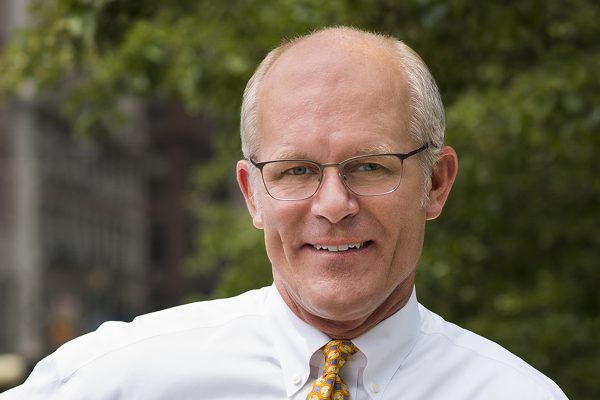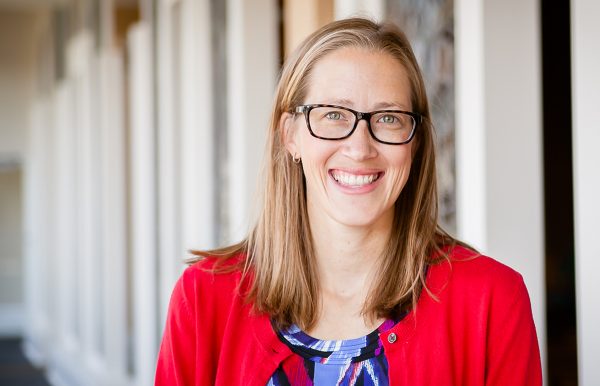The politics of Christianity
Politics has no place in the pew or in the pulpit. That’s a phrase we often hear uttered. Let’s look at what’s behind these references to politics in the church.
If by political we mean campaigns, governmental structures and processes, or the encouragement to vote for a particular candidate, we are treading in territory where the church does not belong.
Politicized Christianity often rears its head among people of faith who become certain that God is on their side and that they are on God’s side. They may want to drape the American flag around the Christian cross, or portray Jesus as America’s “commander in chief.” But such impulses confuse vastly different allegiances. Religion is not patriotism, and patriotism is not religion.
If by political we mean the church’s engagement in public witness, and Christians speaking to pressing issues of the day, the church is right where it should be. This meaning of politics is about our shared existence. The ancient Greek political philosophers imagined a much more expansive understanding of politics than just voting booths and legislative debate.
The term politics comes from polis, which means the city – the public realm in which we live collectively and share the story of our life together. To have a faith-self and a citizen-self does not imply that we shelve one role in order to practice the other.
They are not to be compartmentalized so easily, any more than my simultaneous roles of father, husband, pastor, reading fanatic, coffee lover, and U.S. taxpayer can be tightly pigeon-holed.
To be a faithful Christian involves more than sipping tea and musing about pleasant religious ideas. Faith commits us to a form of public engagement. One of the chief responsibilities of faith is that we reflect upon, and help shape, our collective life on this planet.
Believers have been at their best when taking on issues like slavery, child labor laws, epidemic hunger, and the plight of refugees. If we don’t care about climate change in our day, the gradual desecration of God’s creation may bring us to the point where there is nothing left to live on, much less adore.
Politics are at the center of the story of Jesus. It’s complete fiction to believe that his life, and the life he proposed for his followers, was absent of politics. He was killed in a horrible way, not because of his religious teaching but because of his politics.
A Roman bureaucrat named Pontius Pilate made sure that the preferred form of executing revolutionaries and subversives was carried out. Even in his earliest years, Jesus was a political refugee. His parents didn’t whisk him off to Egypt for a vacation at the pyramids. They fled with their boy because of politics.
The Bible is full of politics.
God first revealed a special relationship with the children of Israel, not by kneeling before candles in a sanctuary, but by carrying out an amazing political act. God freed a bunch of slaves. Nothing could be more political.
The Old Testament prophets wailed for justice and righteousness to take hold among the people. These prophets called for fair legal systems and just economic structures to give a foothold to those hanging out on the margins of life.
Christianity grew over the centuries, in part, because adherents refused to remain silent in the face of evil, oppression, and various idolatries.
The best expressions of faith have clung to God’s dream of a transformed world. We continue to pray for this transformation every time we utter the Lord’s Prayer – that God’s kingdom would come on earth, just as it exists in heaven.
The church I serve will always have a political dimension to its faith, never in the first sense noted above, engaged in party politics, but always in the second sense, committed to faithful public witness.
We’ll need each other to stay on track. And, as the apostle Paul would remind us, a little humility in the mix would be a good idea. So also would “loving one another with mutual affection,” and thinking through difficult issues “with sober judgment.”
– Peter Marty, senior pastor




